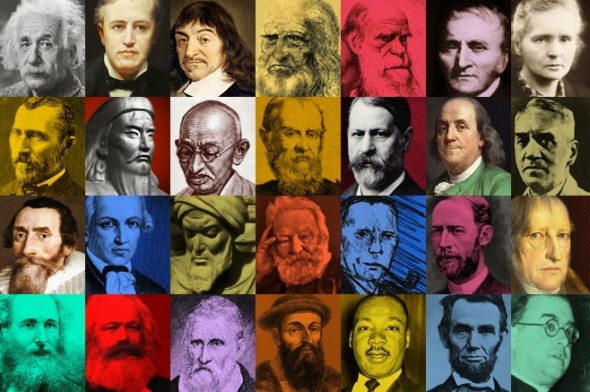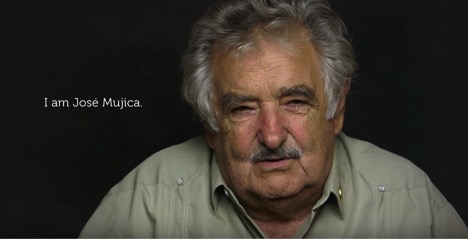One of the first days of class, I remember Dr. Bill asking us to define what kind of leader we are. I remember being completely confused at the time, because I didn’t really consider myself to be a leader. Leaders, in my mind at least, were people in positions of power, politicians, CEOs or the kind of people you’d write your middle school book reports on (MLK, Abraham Lincoln, Gandhi). I didn’t consider myself to be a leader because I knew that I had not contributed anything that influential to the world. It wasn’t until the following weeks that I let go of this notion that a leader has to be someone who changes the world. I realized that you don’t have to be Mother Theresa to be considered a leader. In reality, if you are making a positive impact on others’ lives and influencing them to succeed, you’re a leader.

We continued looking at famous leaders around the world and hearing from some active leaders in the community. One of the types of leadership I was attracted to was servant leadership. This type of leadership places others before oneself, and helps empower them by recognizing their skills and abilities. A servant leader not only focuses on personal success, but also the success of the organization. For me, this seemed like the most genuine way to approach leadership. Later in the class, I had the opportunity to work on a project about Jose Mujica, the Uruguayan president, and well-known servant leader.
Mujica is famous for opting out of the luxurious lifestyle that many in his position would be able to afford. Instead of taking his full salary, he donates most of his income, only living off of the median income of his constituents. Whereas many presidents, or global leaders have access to a presidential home, Mujica opts for his small family farm, and takes interviews from the press on his front porch, surrounded by roaming farm animals. Now, the pauper president isn’t just famous for his modesty, in fact he uses his ability to relate to his people by creating impactful social change. He has worked to help the economy and keep his people safe from the dangers of drug trafficking. He understands his people and therefore knows how to serve and empower them. He demonstrates the type of leadership that I admire.

In the last weeks of class, I focused my time reading, Lincoln on Leadership by Donald T. Phillips. Without giving away too much from my next blog post, I’ll add that my final leader studied, Abraham Lincoln, was also the embodiment of servant leadership. Many of his traits that I will discuss in my next post, lay the groundwork for someone who wishes to be a servant leader.

While it is hard to say exactly what my leadership plan in my career going forward will be, I know that I will keep everything that I have learned in this class in mind. When working in group projects, I will know to recognize and encourage individual talents and skills. I will know that people need to feel valued and empowered in a team if they are to succeed. Someday I would like to be my own boss, and in this type of power-position, it is important to keep these ideas of servant leadership in mind.


